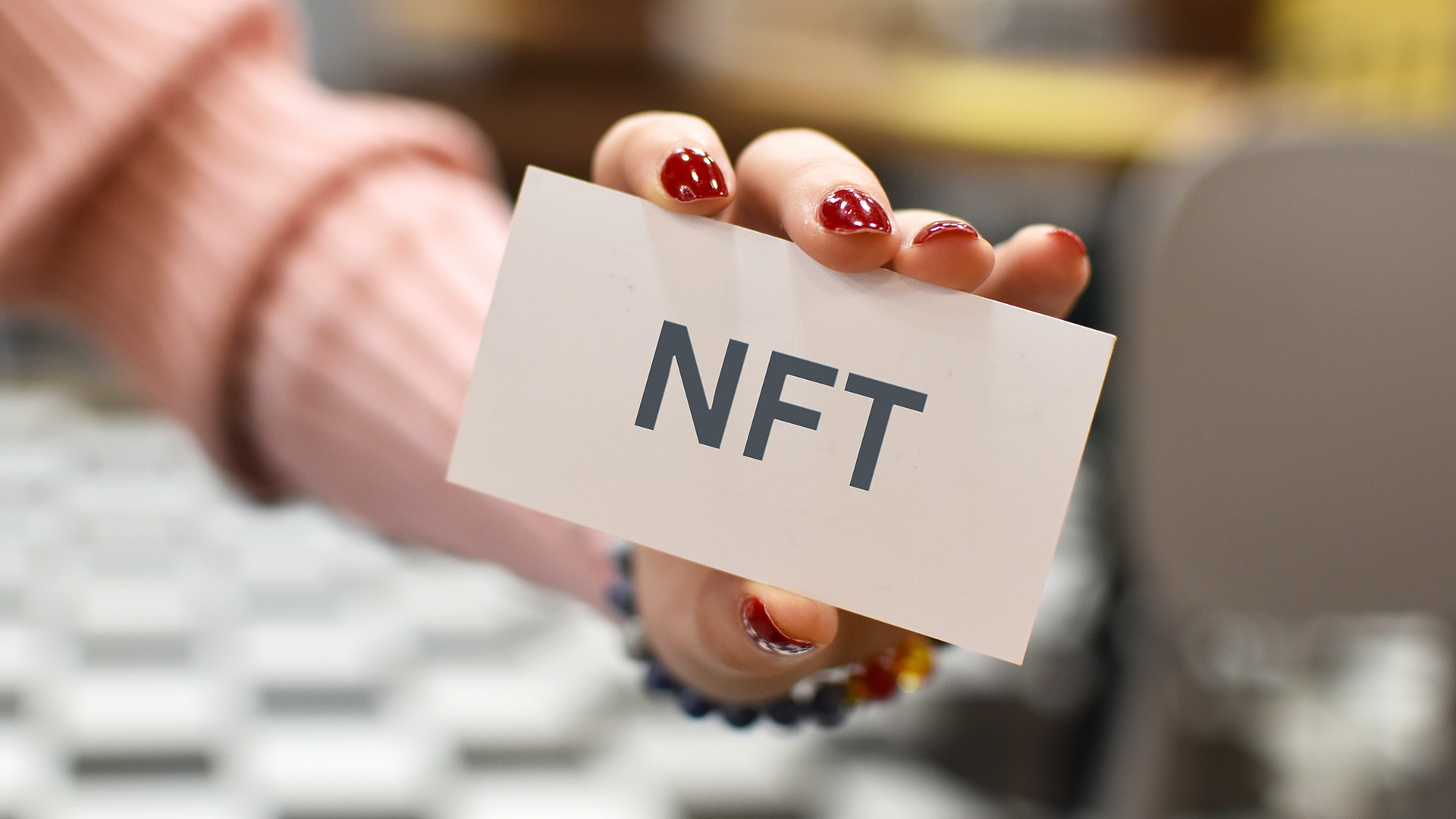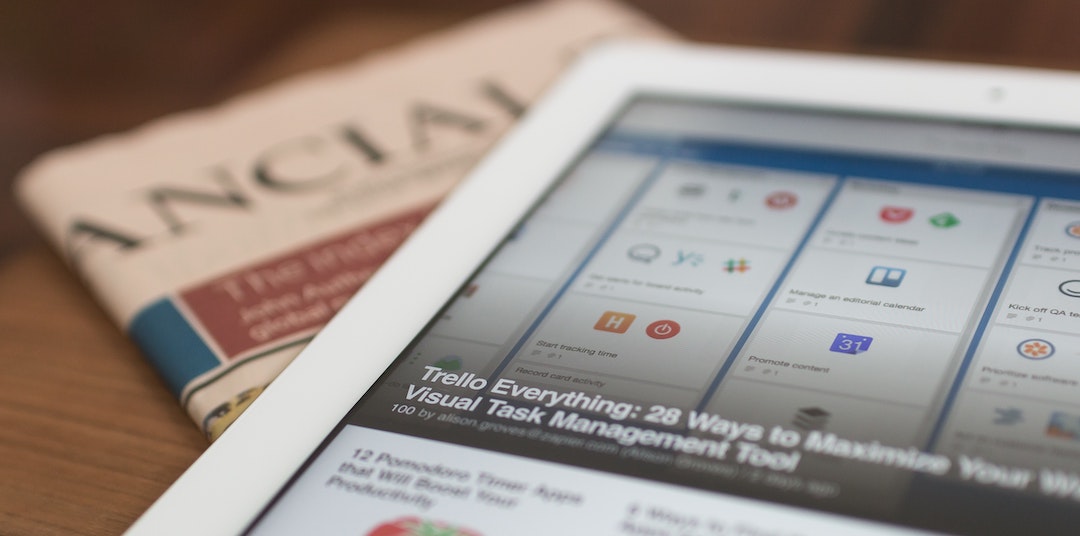With all the social media world abuzz about the emergence of Google+, I’ve been asked a lot questions recently about what Google+ will mean to the social media landscape and what it will mean to the practice of PR. Here I boil down my answers to five of them.
What do you think so far about Google+? And what does it mean with relation to Facebook, Twitter and the other social network platforms out there? I would love to get your comments.
1. Why should PR pros care about Google+?
The people we want to engage with and the conversation we seek should always matter more than the channel, itself. But when it comes to interacting with today’s consumers, it’s important to surround them with all major avenues. In a mere month of beta period, G+ amassed more than 25 million users — a milestone that took Facebook three years to hit. And it’s growing rapidly. Size and adoption rate alone make G+ a force to be reckoned with. Perhaps more important, G+ is seamlessly linked to other Google services, from search to video to its ad network. As a result, content posted to G+ has a direct and immediate reach and impact across the social Web.
2. What Google+ features have Facebook beat, and why?
G+ boasts a number of great features, including Circles for organizing contacts, Hangout for instant group video chat, Huddle for watching a web video together, and Sparks for tracking content by topic. But the fact that G+ is ad-free is one of its greatest competitive edges against Facebook, from a user perspective. It’s also got a lot of extensions that seamlessly integrate one’s Facebook and Twitter contacts and streams, so as to help users rationalize their social graphs. (See my recent how-to video about G+ extensions here.)
At the same time, the constant comparison between G+ and Facebook is overwrought, and a bit of a red herring. Yes, Facebook dwarfs G+ in terms of size. And Google dwarfs Facebook, for that matter. But the bigger difference is their apparent philosophies, not their size. While most of Facebook’s action is either within Facebook or about driving traffic to it, G+ seems to be operating on a different plane: more focused on spidering out, socializing and indexing all of the content across the entire social Web. By focusing undue attention on comparisons between Facebook and G+, we might be overlooking the bigger paradigm shift that G+ might represent.
3. What are some shortcomings of Google+?
For now, the conversation on G+ is heavily dominated by early adopters in Silicon Alley/Valley navel gazing about G+, itself. We don’t yet know how the mainstream Internet user will adopt and use G+, so if you’re trying to reach the masses, G+, alone, isn’t really ready for prime time. We will also have to wait to see how G+ handles commercial users. For marketers, that’s obviously a critically important question.
4. What’s your prediction on the success or failure of Google+?
I’m bullish on G+. Yes, Google’s had some very public, visible failures in the past, but they’ve gotten off to a hot start with G+. By seeding G+ with tech enthusiasts, Google is building on a solid foundation that includes some of the most influential voices on the Internet. And by operating its beta test in public view and making improvements quickly based on user feedback, they are demonstrating their responsiveness and respect for the Internet community, thereby encouraging adoption by a wider group of developers who are helping shape the G+ user experience for future users.
5. Does Facebook have something to worry about?
Yes. Google is off to a great start with G+, it has the bankroll to maintain G+ in an ad-free state, and it appears to have its sites on a bigger prize than social networking for its own sake. Google seems to be gunning to socialize, interconnect and index the entire Internet.


